The Role of Technology in Packaging Engineering
Baraka • November 19, 2024
The Role of Technology in Packaging Engineering
Introduction
Packaging engineering is more than just designing boxes or containers. It’s about creating solutions that protect products, enhance user experience, and support sustainability. In today’s fast-paced world, technology plays a pivotal role in transforming the packaging industry, making it more efficient, innovative, and eco-friendly. So, what makes technology such a game-changer in packaging? Let’s dive in.
The Evolution of Packaging Engineering
Early Innovations in Packaging
In the past, packaging was primarily about functionality. Materials like wood, glass, and paper were used, but these came with limitations such as fragility or inefficiency. Earlier designs lacked the sophistication needed to meet growing consumer demands.
Emergence of Technology in Packaging
The Industrial Revolution introduced machinery that revolutionized packaging processes. Conveyor belts and automated fillers marked the beginning of technological integration. Today, these early advancements have paved the way for cutting-edge solutions.
Key Technologies Transforming Packaging Engineering
Automation and Robotics
Automation has taken the industry by storm. Robots can now assemble, pack, and sort items faster and more accurately than ever before. For instance, robotic arms in assembly lines not only boost productivity but also reduce human error, making operations seamless.
Smart Packaging Solutions
Smart packaging integrates technology like sensors and IoT devices. Imagine a milk carton that alerts you when the milk is about to expire—this is no longer science fiction but reality. Smart packaging enhances both functionality and consumer convenience.
Sustainable Packaging Technologies
Eco-conscious consumers are driving the shift towards sustainable packaging. From plant-based plastics to water-soluble materials, innovative technologies are making packaging greener and more sustainable than ever.
3D Printing in Packaging Design
3D printing allows for rapid prototyping and bespoke designs. Whether it’s creating custom-fit packaging for fragile items or reducing material waste, 3D printing is a game-changer.
Digital Printing Innovations
Digital printing enables vibrant, high-quality designs that can be personalized. Brands can now create packaging that resonates with consumers, boosting engagement and loyalty.
The Impact of Technology on Packaging
Enhanced Efficiency and Cost Reduction
Technology reduces bottlenecks in production, saving time and money. For example, AI-powered systems can detect defects in real-time, cutting down on waste and ensuring consistent quality.
Consumer Engagement Through Technology
Interactive packaging, like QR codes, connects brands with consumers digitally. From AR experiences to detailed product information, technology creates deeper connections with customers.
Strengthened Supply Chain Integration
Barcodes, RFID tags, and GPS tracking streamline logistics, ensuring products reach their destinations efficiently. This transparency enhances trust and accountability.
Challenges in Adopting New Packaging Technologies
High Initial Costs
Implementing advanced systems often requires significant investment. While larger companies may absorb these costs, SMEs face hurdles in upgrading their processes.
Need for Skilled Workforce
Advanced technology demands skilled operators. Companies must invest in training programs to upskill their teams, bridging the gap between existing capabilities and future needs.
Regulatory and Compliance Concerns
With stricter environmental laws, companies must ensure their packaging complies with global standards. Adapting to these regulations can be both complex and costly.

The Future of Technology in Packaging Engineering
Predictive Analytics in Packaging Design
AI-driven tools analyze market data to forecast trends, enabling companies to design packaging that resonates with future consumer needs.
Advances in Biodegradable and Edible Packaging
As sustainability becomes paramount, innovations like edible coatings and biodegradable materials are reshaping the packaging landscape.
Expanding Role of Artificial Intelligence
AI not only streamlines production but also provides insights into consumer preferences, allowing brands to stay ahead of the competition.
Conclusion
Technology is the backbone of modern packaging engineering, driving efficiency, sustainability, and innovation. From smart packaging to AI-powered analytics, advancements are helping companies meet consumer demands while staying environmentally conscious. As the industry continues to evolve, embracing technology will remain crucial for staying competitive and relevant.
How has technology changed traditional packaging processes?
Technology has streamlined processes, reduced costs, and introduced innovations like automation and smart packaging.
What is smart packaging, and how does it benefit consumers?
Smart packaging incorporates technology to enhance user experience, such as freshness sensors or interactive QR codes.
Why is sustainability crucial in packaging engineering?
Sustainable packaging minimizes environmental impact, catering to eco-conscious consumers and regulatory requirements.
What challenges do companies face when implementing new technologies?
High costs, the need for skilled labor, and compliance with regulations are significant challenges.
How will AI shape the future of packaging design?
AI will optimize designs, improve quality control, and analyze consumer data to create tailored packaging solutions.



